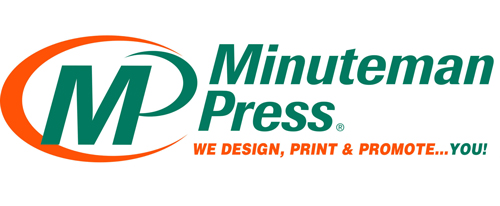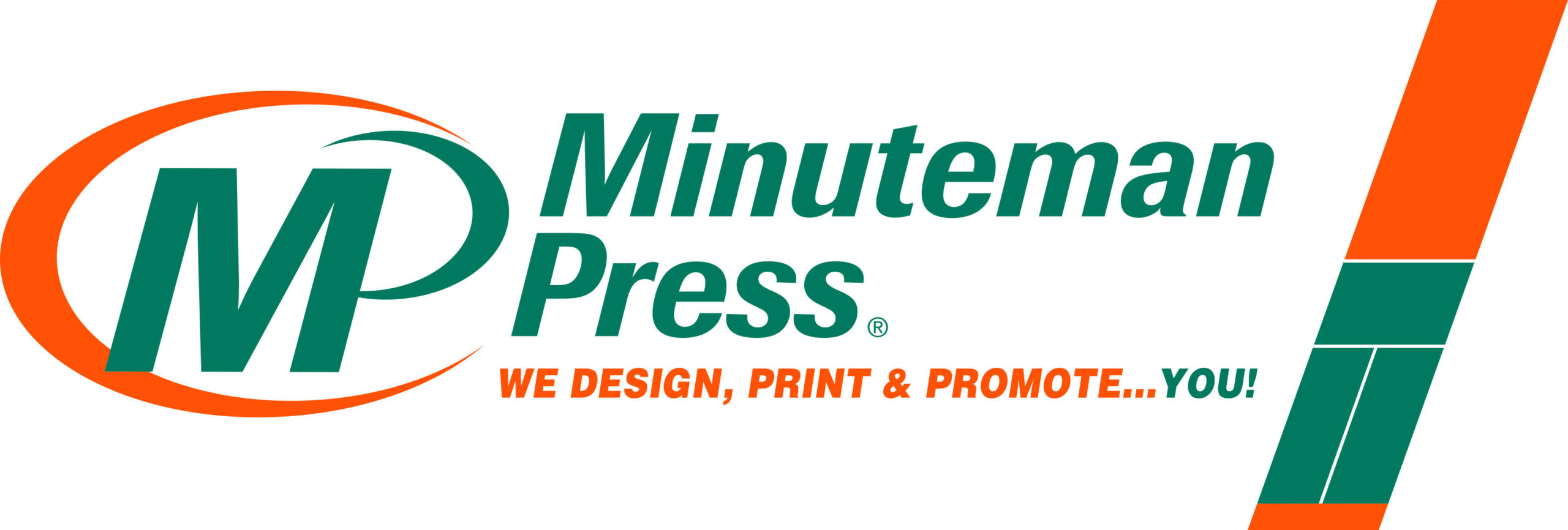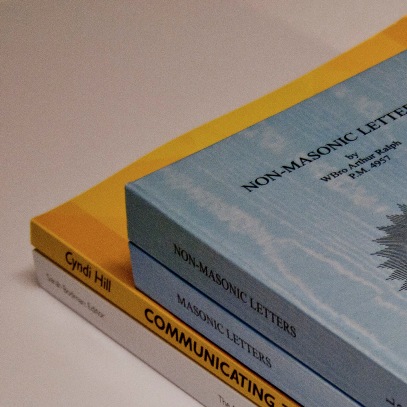The book printing industry, despite the onset of digital literature, is a growing sector, with the value expected to grow to $49 billion.
Over the next several years, the industry will be transformed by a growing preference for offset printers and an increase in the deployment of small and large-scale digital printing capabilities.
The growing need for shorter-run printing tasks, fuelled by an increase in self-publishing and print-on-demand orders, will provide profitable prospects for market leaders. Business consolidation and the growing number of self-publishing options are driving the global book printing market. To learn more about the specifics of self-published literature and the history of ‘zines’ then check out our blog on the subject.
Growth of digital commerce
Despite the changes to the industry, far and away the fastest expanding segment of the global book market is self-publishing. Self-publishing is a new practice that is gaining hold among independent authors throughout the world. Because it eliminates the need for publishers and book agents, self-publishing is a particularly cost-effective option to publish a book. This strategy encourages smaller, independent authors to advertise their work to a big audience at a much-reduced cost.
The growing popularity of digital commerce and publishing platforms will open up attractive prospects for global market leaders. In the worldwide book printing industry, the latest advances in print technologies will assist vendors in increasing their profitability.
While it may seem at first glance that the natural progression has been towards an entirely digital form of book publishing, the reality is that printing is experiencing rapid growth. Certainly in the future digital publishing will continue to play an even bigger role in the world of literature, but the trends show that physical copies are still in great demand.
Future of the book printing market
There are a number of different ways that segmentation affects the book printing industry and these go beyond the onset of digital publishing.
An example of this is in the world of children’s books: To maintain a major percentage of time-use, the market for children’s print books is facing fierce competition from a variety of substitutes, some of which are backed by scientific evidence. The amount of time spent on various activities such as study and school time, toys, indoor and outdoor games, and an expanding amount of digital information created for children is increasing.
The introduction of e-books like the kindle is certainly disruptions in the sphere of book printing, and at one point it looked like independent physical book printing was in jeopardy, however, there has been a positive spin, as this has shifted some of the control away from book manufacturers and more towards independent enterprises.
The supply chain
Over the past two years, the Covid-19 pandemic has caused significant issues in the supply chain, and as such, there has been a global book shortage, partly due to the sheer number of books being sold on sites like Amazon.
The overall trend is towards smaller book bulk buy orders and an increased frequency in those orders being made. This means that printers need to meet the demand of multiple different types of books from varying industries being ordered rapidly by customers.
Automation is also becoming a major aspect of the book printing industry, but naturally, there are negatives to go along with these benefits. The potential loss of employment to workers in this sector may be a significant problem if automation continues. Certainly, this type of innovation is a benefit to independent writers and publishers who are looking for a market.
The lockdown did however provide some benefit to those in the book industry, as there was a marked rise in those buying books as they were locked indoors for a year. A study by the BBC shows that book sales increased dramatically over this period and that independent booksellers in particular are experiencing a minor resurgence despite the power of online book shopping.
We at Minuteman Press have years of experience and are veterans of the industry, but we also understand the changing nature of the industry and how it is necessary to be innovative to survive. For all printing needs whether it’s books, cards, zines or anything that goes on paper, we are the place to go.













